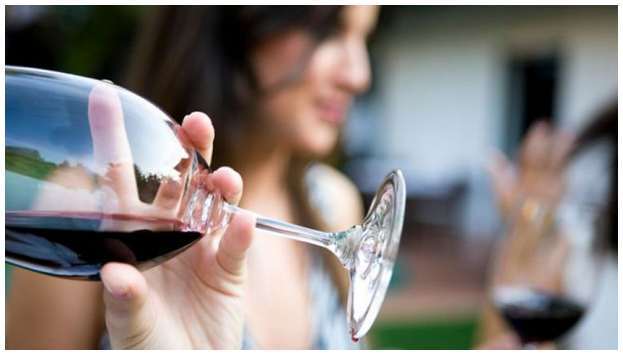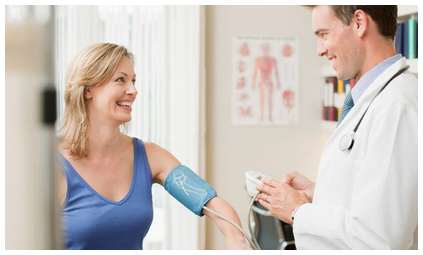
Blood pressure increases and decreases during a person’s lifetime due to temporary reasons. Certain factors increase blood pressure while others decrease blood pressure. In certain cases, the high or low blood pressure tendencies can become permanent and will need to be treated medically. Excessive alcohol consumption increases the risk of high blood pressure on a permanent basis. Persons affected with high blood pressure stand to increase their pressure to unhealthy levels when consuming alcohol. Drinking three glasses a day temporarily increases blood pressure. However, continuous alcohol consumption leads to long-term increase in blood pressure. Blood pressure decreases significantly when reducing alcohol consumption. For example, heavy drinkers who cut down to moderate levels decrease their systolic blood pressure reading by 2 to 4 mm Hg. Therefore, persons who consume alcohol on a daily basis should refrain from doing so to avoid complications with alcohol and blood pressure.
Moderate Alcohol Consumption
Moderate consumption of alcohol increases heart health. This is a fact that cannot be ignored. However, many people do not know what consists of moderate alcohol consumption. Doctors who recommend moderate alcohol consumption to women mean one drink a day. Men should only consume two drinks a day. However, alcohol content in some drinks varies from others. Hence, it is difficult to specify how many drinks a person must consume if the alcohol content is low. Consuming 12 ounces of beer, or 11/2 ounces of 80-proof whiskey or 5 ounces of wine are considered to be moderate consumption.
Alcohol and High Blood Pressure

Alcohol is one of the main causes of high blood pressure. A doctor recommends cutting back on alcohol when a patient is diagnosed with high blood pressure. Alcohol affects the body in different ways. For example, steady alcohol consumption over a long period permanently changes the brain by reducing the amount of brain tissue. Steady alcohol consumption also deprives the heart of essential nutrients. This weakens the heart muscles and hinders its ability to pump blood. This increases blood pressure and causes heart attacks and strokes. Alcohol also affects the liver, skin, lungs and bones among other parts of the body. In addition, alcohol contains sugar and other carbohydrates that increase weight. Weight gain is another cause of high blood pressure.
How Alcohol Increases Blood Pressure
There is no concrete proof as to how alcohol affects blood pressure. However, researchers believe alcohol interferes with the liver’s ability to metabolize hormones. Hormones such as renin and angiotensin are vital for blood pressure maintenance. In addition, alcohol affects the liver and hampers its ability to detoxify foods. This causes harmful substances to circulate in the body and cause harm to blood vessels. Excessive consumption of alcohol taxes the liver as it has to work double-time to process alcohol. The liver is unable to process fats due to this factor. Unprocessed fats accumulate and increase cholesterol levels. The increase in cholesterol deposits in the artery walls as a thick paste, narrowing the space of the artery tube through which the blood has to flow. This hampers blood flow and causes stagnation in the portal veins. This also increases blood pressure levels while increasing the chance of stokes.
Alcohol and Blood Pressure Medication
Blood pressure medication is often prescribed when diagnosed with high blood pressure. Although many people affected with high blood pressure are advised on the ill effects of alcohol and high blood pressure, they continue to consume alcohol even while taking medication. People prescribed high blood pressure medication must avoid alcohol consumption as it significantly alters the actions of medication. Alcohol is a vasodilator. Vasodilators open blood vessels. This reacts badly with blood pressure medication. The result is an increase in blood pressure despite the medication. Therefore, people prescribed with blood pressure medication must discuss their intent to consume alcohol with their doctor.
Certain inconclusive study results indicate that moderate alcohol consumption might help increase cardio vascular health. However, even moderate alcohol consumption hampers the manner in which medicines react if a person is on high blood pressure medication. Therefore, those on medications should avoid alcohol completely for their own personal benefit.

